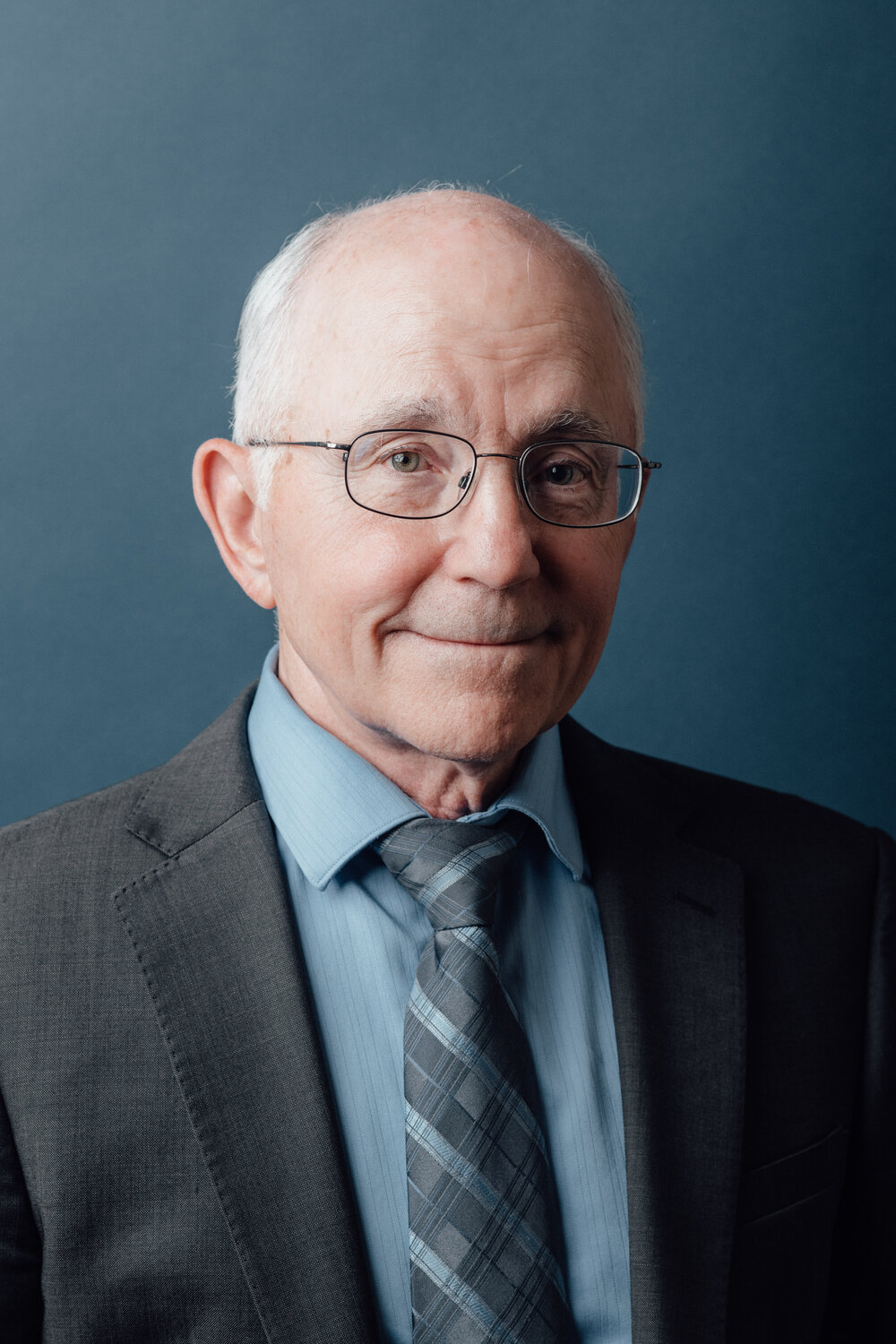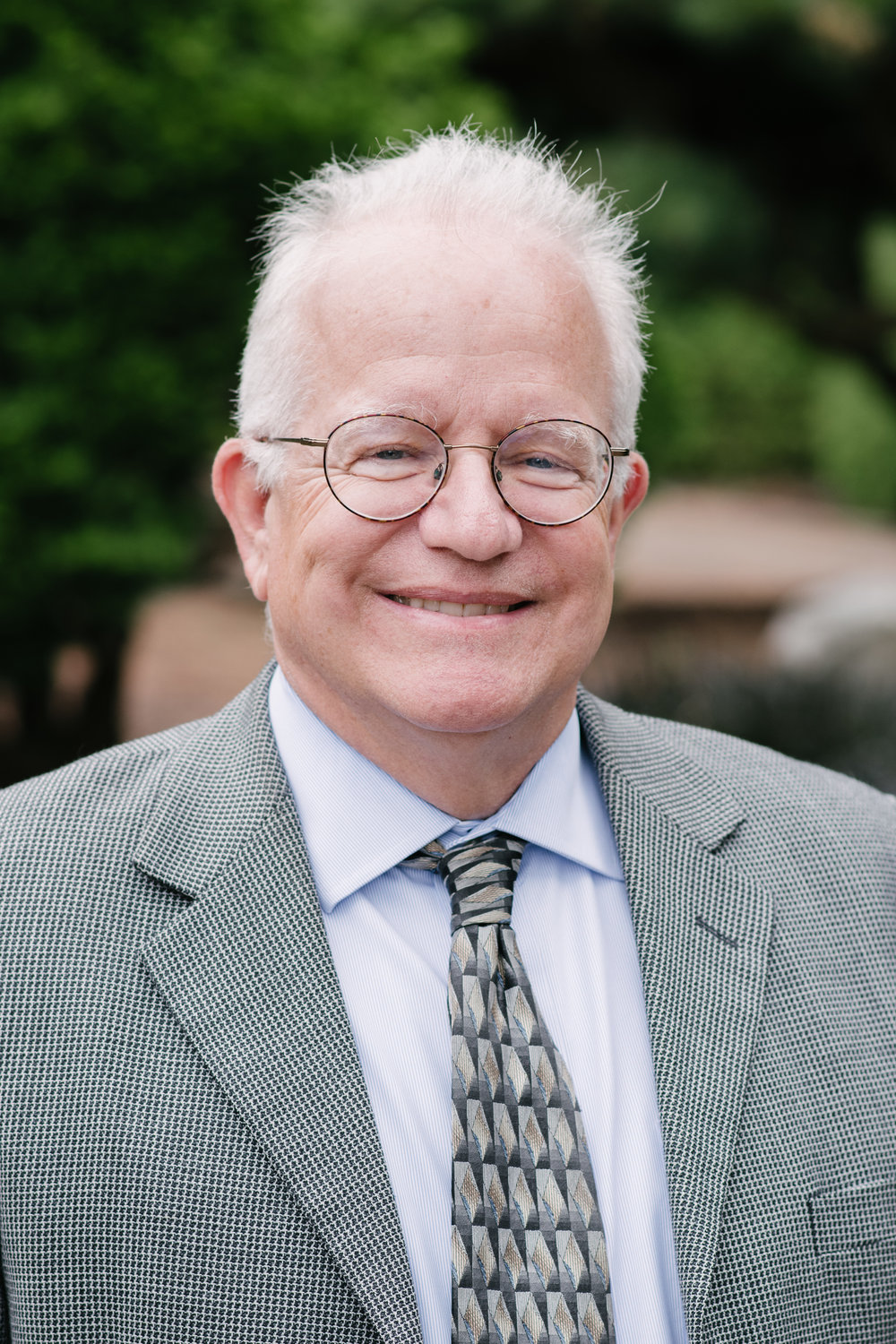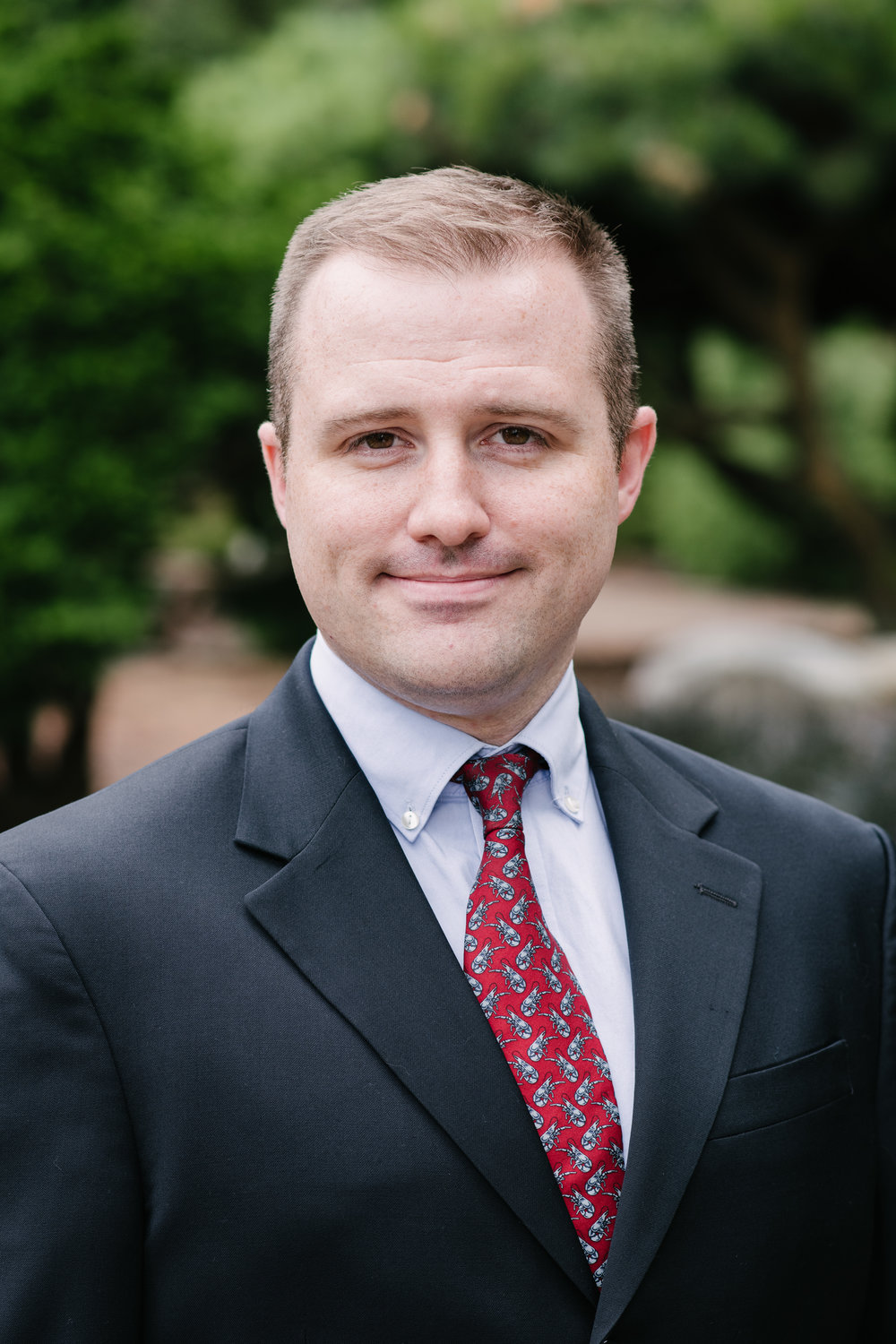Probate Process in WA
WHEN IS PROBATE NECESSARY?
A probate is needed where a decedent owns property at the time of his death that cannot otherwise be transferred to the decedent’s beneficiaries. This can include real property, stocks, vehicles, and bank accounts. Anything with a deed or title may remain in the decedent’s name unless a Personal Representative is appointed who has the authority to transfer these assets.
It may be worth mentioning that with careful estate planning prior to death, a probate may not be necessary. For example, if the deceased’s assets were co-owned, such as community property in a marriage, a joint bank account holder, or a joint tenant with right of survivorship, the assets will be transferred automatically by operation of law at the time of the decedent’s passing. A consultation with an experienced attorney at Deno Millikan will answer any questions you may have, and will help you determine whether a probate is necessary.
HOW DOES THE PROBATE PROCESS BEGIN?
Like many other legal proceedings, a probate begins with the filing of a petition in superior court. Although a probate can be filed by any interested party, it is most commonly filed by the person nominated in the decedent’s will to serve as the Personal Representative. (You may also be familiar with the older term, “Executor”, which is no longer used in Washington). The Personal Representative will receive a special document from the court called “Letters Testamentary”, or “Letters of Administration”. Banks, financial institutions, and other businesses are familiar with these “Letters”, and will follow the directions of the Personal Representative almost as if he was the Decedent.
Other documents may need to be filed along with the Petition, including the will (if there is one) and the Oath of the Personal Representative. The experienced probate attorneys at Deno Millikan can help you through this process.
THE RESPONSIBILITIES OF THE PERSONAL REPRESENTATIVE DURING THE PROBATE PROCESS
Simply put, the Personal Representative’s job is to settle the decedent’s affairs, including payment of all debts, and preserving the value of the decedent’s assets (known as the “Estate”). This could include payment of the decedent’s last expenses, obtaining insurance on the decedent’s residence, securing the decedent’s vehicles, and locking up the decedent’s house to ensure that nothing gets stolen. The Personal Representative can also sign deeds and access bank and other financial accounts.
The Personal Representative is a “fiduciary”, meaning that he is accountable to the beneficiaries for his actions.
Once the decedent’s debts are paid, and the Personal Representative has determined that there are no further obligations, then he can distribute the remaining property to the beneficiaries. If there is a will, then the beneficiaries are those persons named in the decedent’s will. If there is no will, then the beneficiaries are those persons set forth in the Revised Code of Washington Section 11.04.015, such as spouses, children, parents, siblings, and other relatives.
Depending on the whether the probate is under court supervision, or is a “non-intervention” probate, the Personal Representative may be able to close the Probate through a simple document known as a “Notice of Completion”. In other cases, however, the court may have retained authority to review the final accounting, in which case a full hearing may be required.
WILL I NEED TO HIRE A PROBATE LAWYER?
Contrary to popular notions, in the hands of an experienced attorney, probate is not necessarily complex, expensive, nor lengthy. While there is a cost involved, the experienced attorneys at Deno Millikan can help control costs, and minimize the time and inconvenience associated with a probate..
Sometimes, however, disputes do arise. Perhaps there is confusion over the wording of the will; or perhaps someone alleges that the will is invalid. In those cases, the assistance of an attorney may be essential. In some cases, your attorney will file a TEDRA Petition (Trust and Estate Dispute Resolution) in order to have a judge resolve any controversy.
There are also many variables that may come into play during the probate process. Will a bond be required? What are non-intervention powers? Should I publish notice of the pendency of probate proceedings in a newspaper? Who do I need to notify? Can the decedent’s creditors come after me?
Whether your probate is simple or complex, the experienced attorneys at Deno Millikan Law Firm, PLLC, can efficiently manage the probate process, and provide you with peace of mind, knowing that it was done correctly, and that you are free from any potential liability. To learn more, contact us today at 425-259-2222.








